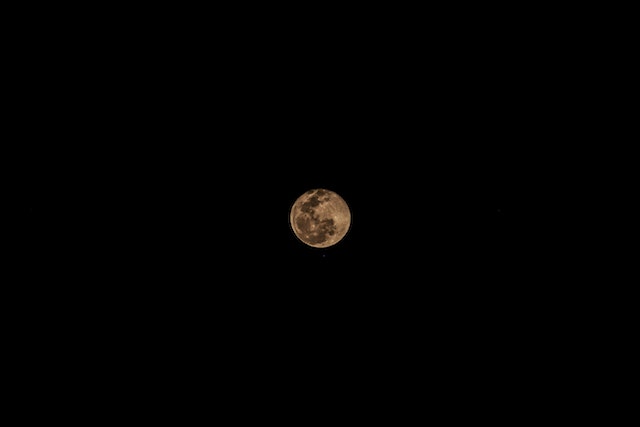The possibility of Saturn’s moon, Enceladus, being home to extraterrestrial life is a topic of scientific interest and exploration. While we do not have definitive evidence of life on Enceladus or any other celestial body at the moment, there are intriguing indications that suggest the potential for habitability. Here are some key points to consider:
1. Presence of liquid water: Enceladus is known to have a subsurface ocean of liquid water beneath its icy crust. Water is a vital ingredient for life as we know it, and the presence of liquid water raises the possibility that Enceladus could provide a suitable environment for life to emerge and thrive.
2. Organic molecules: The Cassini spacecraft’s observations of Enceladus revealed the presence of organic molecules in the plumes erupting from its surface. These molecules include carbon, hydrogen, nitrogen, and oxygen, which are essential building blocks for life as we understand it.
3. Energy sources: Enceladus exhibits hydrothermal activity, with evidence of hot water vents on its seafloor. On Earth, similar hydrothermal systems support diverse ecosystems in the deep oceans, independent of sunlight. Such environments provide potential energy sources and chemical reactions that could sustain life.
4. Habitability potential: The combination of liquid water, organic molecules, and energy sources on Enceladus suggests the presence of habitable conditions. While life as we know it requires additional factors such as the right temperatures, suitable pH levels, and the availability of essential elements and nutrients, Enceladus presents an intriguing possibility for habitability.
5. Future exploration: Further exploration and dedicated missions to Enceladus, such as the proposed Enceladus Life Finder mission, are being considered to study its potential habitability and search for signs of life. These missions would involve closer examination of the plumes, sampling techniques, and advanced instrumentation to detect any biological or chemical signatures.
It’s important to approach the topic of extraterrestrial life with scientific rigor and an open mind. While Enceladus shows promising conditions for life, it is essential to conduct further investigations and gather more data before drawing any definitive conclusions. The search for extraterrestrial life continues to be an active area of research and exploration, and future missions will provide us with a deeper understanding of the potential habitability of moons like Enceladus.




